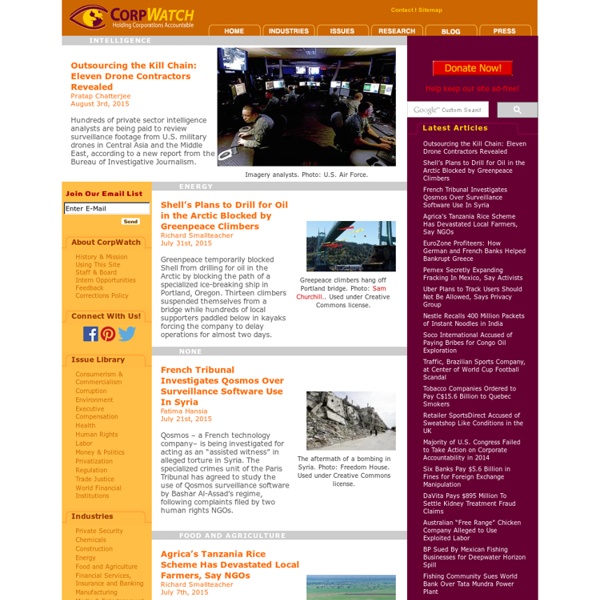



My Footprint / Slavery Footprint We Need To Talk. Dear <SALUTATION><FIRST NAME><LAST NAME>, We need to talk. I love your company’s products, and I think we have a great relationship. I pay you a fair amount for something that I want. It’s perfect! Over thirty million people are enslaved today, held against their will for someone else’s profit. I also know this isn’t your fault. FRDM® does two things really well: 1. 2. The organization that built FRDM® is called Made In A Free World, and they believe that businesses can be the heroes in the fight for freedom. My request is simple. Many companies are quickly joining the FRDM® network and seeing the benefits in their bottom line. Let’s build a free world together! P.S. You’re Awesome! Woohoo! As a conscious consumer, I want my purchases to support businesses like yours that believe slavery has no place in the 21st century. It’s business leaders like you who will put slavery in the history books—once and for all! As your customer, I am 100% with you on this FRDM® journey!
Target Tokyo (on 2015-07-31) Press Release Today, Friday 31 July 2015, 9am CEST, WikiLeaks publishes "Target Tokyo", 35 Top Secret NSA targets in Japan including the Japanese cabinet and Japanese companies such as Mitsubishi, together with intercepts relating to US-Japan relations, trade negotiations and sensitive climate change strategy. The list indicates that NSA spying on Japanese conglomerates, government officials, ministries and senior advisers extends back at least as far as the first administration of Prime Minister Shinzo Abe, which lasted from September 2006 until September 2007. Today's publication also contains NSA reports from intercepts of senior Japanese government officials. The reports demonstrate the depth of US surveillance of the Japanese government, indicating that intelligence was gathered and processed from numerous Japanese government ministries and offices. Japan has been a close historical ally of the United States since the end of World War II.
Free Images: Where To Find Royalty Free Stock Photos For Your Blog - Mini-Guide, Part 1 Everything about neoliberalism - Yahoo! Glue Full text | The health impacts of globalisation: a conceptual framework Figure 3 shows that the impact of globalisation on each proximal health determinant is mediated by changes in several distal factors (Figure 3; arrows 5–12). The most important relationships will be discussed in more detail below. It is important to note that health policies and health-related policies can have an influence on all proximal factors (Figure 3; arrow 5). Health services Health services are increasingly influenced by globalisation-induced changes in health care policy (Figure 3; arrow 5), economic development and trade (Figure 3: arrow 6), and knowledge (Figure 3; arrow 7), but also by migration (3: arrow 7). Although the WHO aims to assist governments to strengthen health services, government involvement in health care policies has been decreasing and, subsequently, medical institutions are more and more confronted with the neoliberal economic model. The increasing trade in health services can have profound implications for provision of proper health care. Lifestyle Food
Tunisian national dialogue quartet wins 2015 Nobel peace prize A disparate coalition of Tunisian unionists, employers, lawyers and human rights activists has won the 2015 Nobel peace prize for helping to prevent the Jasmine revolution from descending into chaos like the uprisings in other Arab spring countries. The Tunisian national dialogue quartet was given the award by the Norwegian Nobel committee, beating an array of high-powered nominees including Angela Merkel, the pope, the US secretary of state, John Kerry, and his Iranian counterpart, Mohammad Javad Zarif. Reading the citation, the new committee chair, Kaci Kullmann Five, said the Tunisian coalition had helped bring the country back from the brink of civil war in 2013, and had made a “decisive contribution to the building of a pluralistic democracy”. Houcine Abassi, the secretary general of one of the member organisations, the Tunisian General Labour Union, said he was overwhelmed by the prize. He added: “We have to save our country from terrorism and from economic crisis.
From The Wilderness: Information on Peak Oil, Sustainablility, and the events surrounding 9/11 Decline and Fall of Neoliberal Globalisation : Socialist Resistance The new millennium was heralded in November 1999 by giant demonstrations outside the meeting of the World Trade Organisation in Seattle, which dramatised protests against the super-exploitation imposed on workers in the first and third worlds by neoliberal globalisation. In the eight years since then the real character of neoliberalism – of ultra-mobile capital, outsourcing, privatisation and vastly increasing inequality – has become very clear. As the present economic crisis broke the UN announced that the number of people undernourished in the world had crossed the one billion mark. Two billion people – one third of the world’s population – live on no more than a few dollars a day. A similar number have no access to proper sanitation or clean water. These figures in themselves would be enough to proclaim a huge crisis of human civilisation. Causes of the crisis In the mainstream media and among right-wing politicians the truth of this slump is simply not being discussed.
213